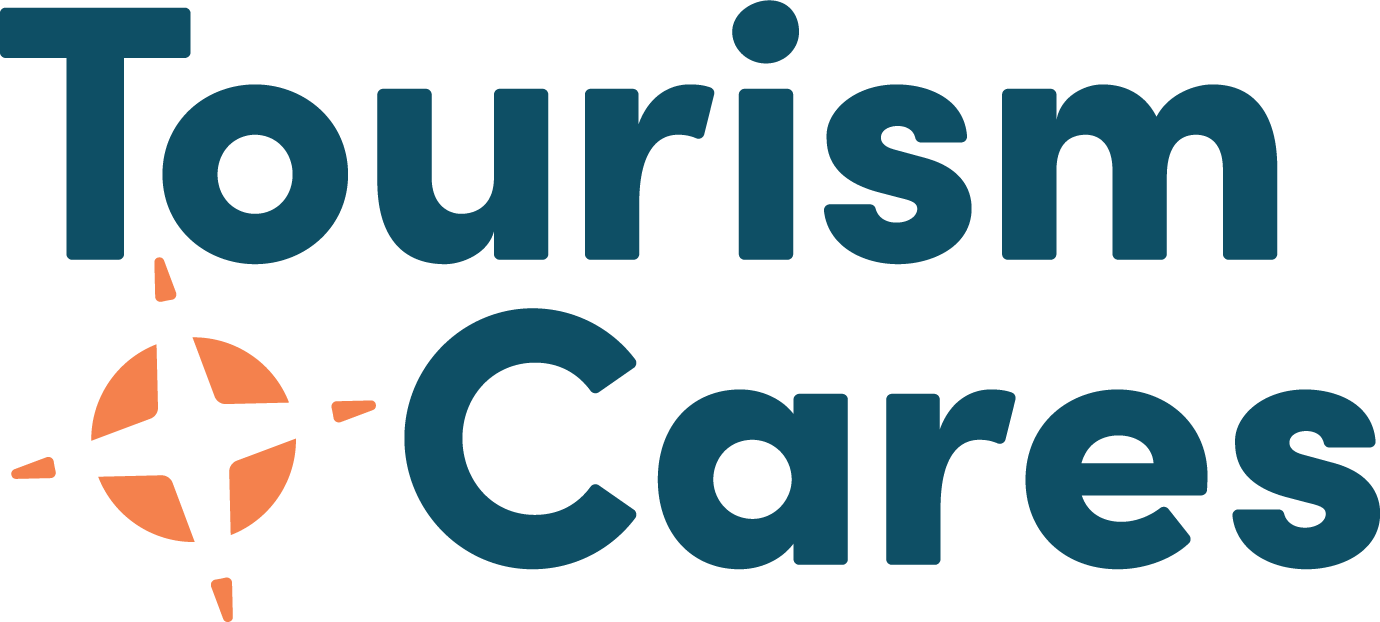
USTOA’S INNOVATION LAB UNCOVERS HOW TO REDUCE TRAVELER
CANCELLATIONS IN RESPONSE TO DISRUPTIVE EVENTS
Travel Agents Cited as Among the “Most Trusted”
Sources For Information During a Disruptive Event
NEW YORK (August 18, 2016) – According to a consumer insights study by the United States Tour Operators Association (USTOA), tour operators can decrease cancellation rates in the wake of a disruptive event by employing coordinated communications strategies.
USTOA engaged MBA candidates from Cornell University’s SC Johnson Graduate School of Management to undertake the timely consumer research project to help define strategies to reduce customer cancellations due to disruptive events in destinations. The study is under the umbrella of USTOA’s Innovation Lab, designed to identify consumer insights critical for its members businesses.
“Tour operator members of USTOA have sophisticated response systems and on-the-ground expertise around the globe to monitor, react and manage passenger safety during a disruptive event,” said Terry Dale, USTOA president and CEO. “This study conducted by the SC Johnson Graduate School students was designed to help our members determine optimal communications strategies to inform their guests, reassure them, and, perhaps, provide some peace of mind for them to continue with their travel plans should they decide to do so.”
Disruptive events, defined as “infectious disease,” “terrorist attack” or “natural disaster,” can cause traveler cancellation rates of 20% to nearly 40%, according to the study. When asked “If a negative event occurs in a nearby country, would you travel?” 69% of respondents answered “yes,” representing a group of Committed Travelers; while 31% answered “no.”
The “no” group was asked a follow-up question: “if you received information that it was safe to travel, would you travel?” Roughly a third of the “no” group answered “yes,” and were identified as Receptive Cancellers. The remaining respondents who still answered “no” to the follow-up question were identified as Committed Cancellers.
The study found that clarifying information from reliable sources could lead to a decrease in traveler cancellation rates among Receptive Cancellers across the three disruptive event categories. The top sources Receptive Cancellers rely on are: the U.S. State Department, travel agents, tour operator companies, broadcast news media, social media (Facebook in particular), and travel review sites (e.g., TripAdvisor).
“While roughly two-thirds are ‘Committed Travelers’ who intend to travel despite a disruptive event, it’s encouraging that one-third of those who are risk averse might also decide to continue to travel if given information from what they consider a reliable source,” continued Dale. “It’s interesting although not surprising that travel agents, with whom our members work so closely, ranked high among travelers, and it reconfirms the value travel agent partners bring to our members.”
What and How to Communicate Clarifying Information
According to the study, the resulting recommended communication strategies to impact Receptive Cancellers (those indicating they would not cancel travel if provided with reliable information) depend on the disruptive event. Recommendations on the order of cascading communications are:
· Infectious Disease: Receptive Cancellers cited travel review sites (such as TripAdvisor) and relevant U.S. government updates (from the U.S. State Department and Centers for Disease Control) as the most trusted sources of information related to infectious disease. The first delivery vehicle for clarifying information from these sites is an email from the tour operator to guests; second, from travel agents to the guests; and third, directly from the company’s social media and blog content, as well as via spokespeople to the press.
· Terrorist Attack: In the event of a terrorist attack, the most trusted content sources for information are from relevant U.S. government updates (e.g., U.S. State Department) and from curated travel review sites (TripAdvisor). The most effective first vehicle of communication with clarifying information is through travel agents; second, via email from the tour operators to travelers; and third, directly from the company’s social media and blog content, as well as via spokespeople to the press.
· Natural Disaster: Should a natural disaster occur in a nearby destination, Receptive Cancellers cited relevant U.S. government updates (U.S. State Department) and curated travel review sites (TripAdvisor) as the most trusted content sources. This clarifying information should first be sent from travel agents; the second communications vehicle from the company’s social media and blog content, as well as spokespeople to the press; and, third via email from the tour operator.
“It’s clear that maintaining open dialogue with travel agents is vital to any communications strategy,” commented Dale.
The study was designed and directed by graduate students from Cornell University’s SC Johnson Graduate School of Management. The survey of 300 travelers was conducted via Research Now.
For more information on USTOA, visit www.ustoa.com.
About USTOA:
Representing more than $13.5 billion in revenue, the member companies of U.S. Tour Operators Association provide tours, packages and custom arrangements that allow nearly 8 million travelers annually unparalleled access, insider knowledge, peace-of-mind, value and freedom to enjoy destinations and experiences across the entire globe. Each member company has met the travel industry’s highest standards, including participation in the USTOA’s Travelers Assistance Program, which protects consumer payments up to $1 million if the company goes out of business.
As a voice for the tour operator industry for more than 40 years, USTOA also provides education and assistance for consumers and travel agents.
Contact:
Gina Dolecki/Katherine Henry
Redpoint Marketing PR, Inc.
212.229.0119
dolecki@redpointpr.com / henry@redpointpr.com
###

